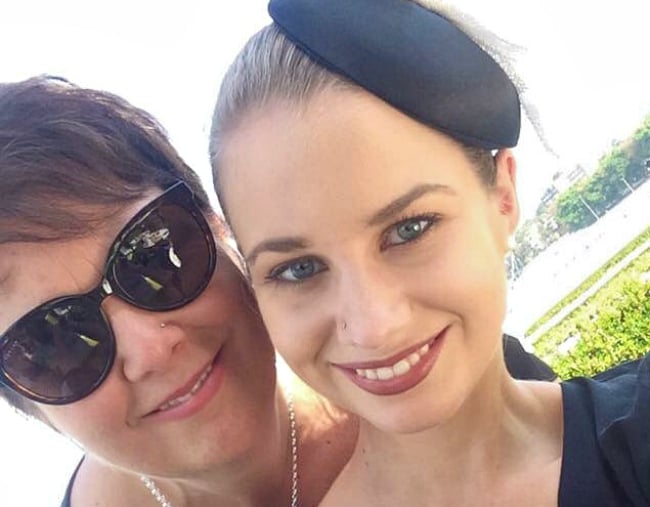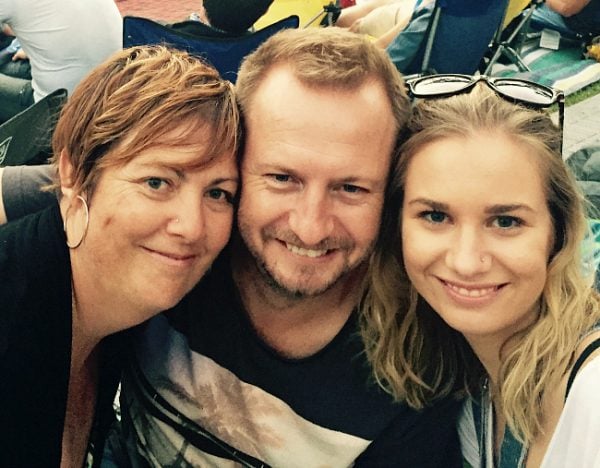
Often midway through my sentence I notice their face. They start to squint, their eyebrows curl upwards and they force an awkward smile.
This is when I realise that I’ve gone into too much detail and overshared about my temperamental bowel and its bad behaviour. Again.
But they asked the question, so I simply answered it.
Making people feel uncomfortable and in turn making myself feel embarrassed about my misbehaving bowels has been a frequent part of my life since I was diagnosed with Ulcerative Colitis almost three years ago.
UC is a condition that results in patches of inflammation in the colon and rectum. There is currently no known cause or cure for UC, and it can only be managed with medication, with varied lengths of time in “remission” followed by debilitating flare-ups.
These flare ups mean more embarrassing conversations, especially early on in a relationship. You have no other choice but to be completely vulnerable, to explain to a new partner that you have to shove this tablet up your rear end before you can cuddle and go to sleep, to explain that you’re bleeding from the bum again, or that you missed the toilet twice today.
Luckily, I can openly have these conversations within the comfort of my own family. My dad has become a self-proclaimed ‘poo expert’, and my younger sister who is 13 often brings home books with titles along the lines of “Healthy Bowel, Healthy Life”. My mum is also progressively getting over her instant gag reflex when someone starts talking about faeces at the dinner table.




Top Comments
I haven't had UC but have IB and a couple of bouts of Ischaemic Colitis. Anyway I relate to the awkward discussions, and particularly find it difficult when I explain that I can't really go on a day trip where bathrooms are not easily found, makes me very nervous which makes the situation worse. I read somewhere that to make public aware, we should be allowed to carry a medical card which says please let this person use your staff toilet, or something to that effect, as they have a medical condition. I think that is even more embarrassing to produce one of those in the middle of cramps and hope that they will fully understand. They won't. I don't know how to get around it except to plan my life near conveniences. And to avoid those uncomfortable discussions I have to make polite excuses while all I want to do is clutch my stomach, grit teeth and try and get somewhere in time. So hard. What do you think about holding a medical card, do you think it would work?
Good luck with everything, you sound like you have a great attitude.
My husband has UC. We find other people to be really supportive and not at all grossed out. We’ve also found generally most people have a pretty good idea about the disease. Explanation has rarely been necessary.
I don’t think you should force graphic details on acquaintances that aren’t comfortable with such details (even close family) - that’s just respecting others. People can be compassionate to your pain without knowing all of the details.
The comment about cancer is, I agree with Linda below, unnecessary. Even if you think that - I don’t think that should have been publicly expressed for cancer sufferers to read.
Good luck - hopefully you find medication levels that work for you and minimise the severity of flare-ups. It’s a very difficult disease but it sounds like you have a great medical and social support team behind you.